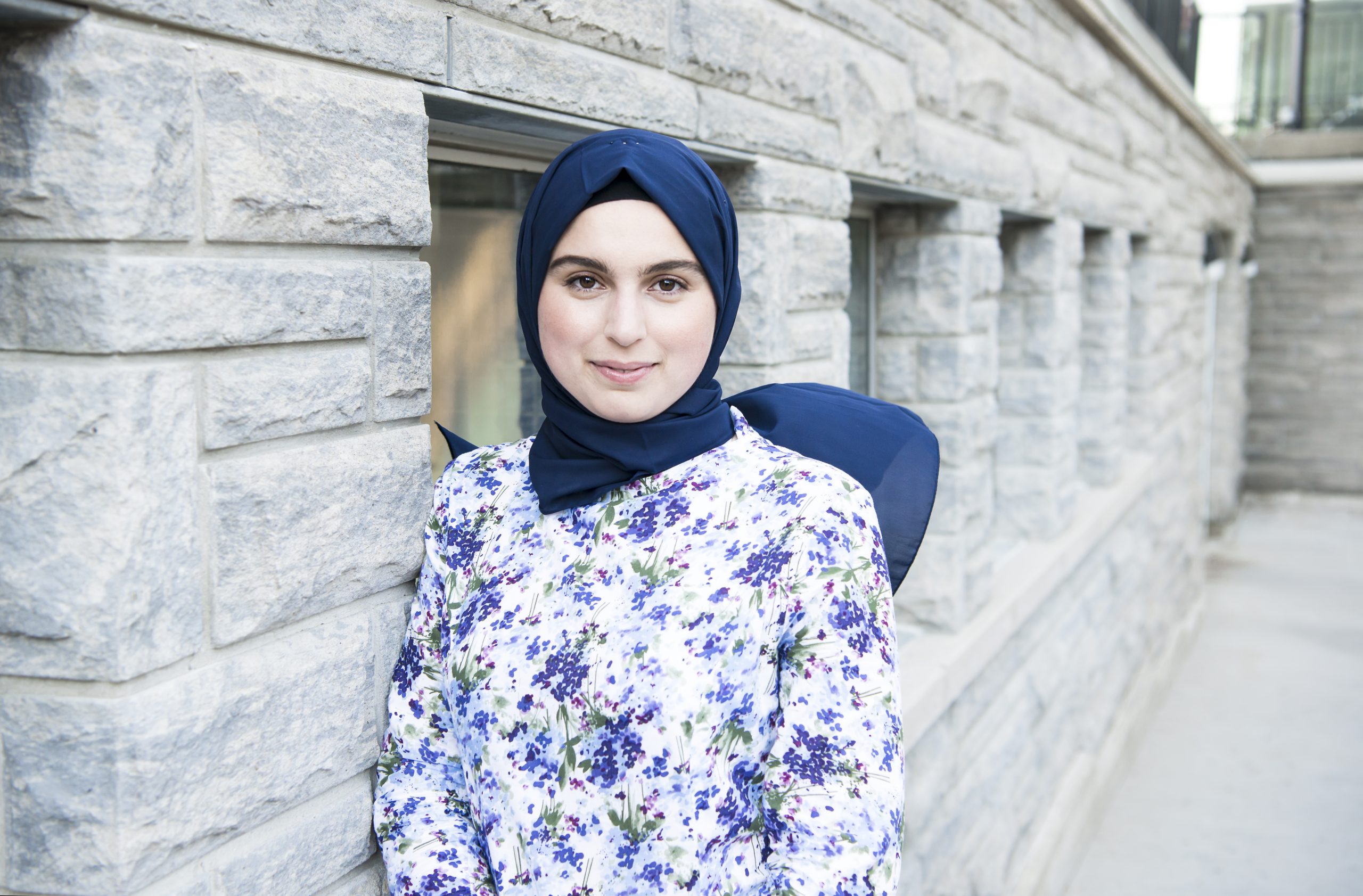My mother asks why I cry
I tell her the world is so sad so unfair so far too much
And my words are not enough
I cannot hold the tears back
So I fill buckets and lakes and moats
My mother asks why I cry
I tell her the world is so sad so unfair so far too much
And my words are not enough
I cannot hold the tears back
So I fill buckets and lakes and moats
There are children in cages
And I am crying because there is nothing left to say
Their parents in jails
And I am crying because there is nothing left to say
For being alive
For trying to survive
I wish I was writing in metaphors.
My mother wipes away my tears, drains the moats, instructs:
“pray to God, the One.”
As I weep
As I scream
3000 kilometers south
A young Guatemalan child in immigration detention cries
His mother lulls him, instructs:
“don’t cry, my love be happy; you are going to get out of there.”
He is a child in a cage
And I am the one crying
Because there is nothing left to say
His mother in jail
For being alive
For trying to survive
My, God, I wish these were just metaphors.
She wipes away his tears, drains the moats, instructs:
“remember that God exists, kneel and cry to God”
So I stop crying
And pick up a pen
Because words are all that I’ve got.
Author Statement:
I started to write this poem the morning after a long conversation with my mom. She found me crying in my room one evening and when she asked me why, I told her, between gasps of air, “Nazism.” Perhaps in retrospect, this seems like a comically simple response, but at the time I was viscerally experiencing a particularly difficult news week. I heard reports of ICE’s inhumane detention of children, the Ford government took power in Ontario, the not-a-Muslim-ban Muslim ban was upheld by the Supreme Court, and Orlando Brown was killed by police officers in Barrie, Ontario. Like other news junkies, I glued myself to Twitter, scanning articles to learn more details, only to become more upset. As a young, visibly Muslim woman, I am not afforded the privilege of being unaware of politics. My life as a Muslim-presenting woman is inherently politicized. Whenever I see someone who looks like me, someone who prays like me, in the news cycle, it is more often than not related to a devastating incident. The day after my crying session, I found a transcript VICE published of a conversation between a Guatemalan child and his mother in detention. It shocked me how loving the mother’s words were, despite their horrific circumstances. Their interaction is heartbreaking and yet beautifully captures resilience. I knew I needed to find a way to show these small maternal moments—him and his mom, myself and my mom—in a poem.
Learn more about Turtle Island Responds














